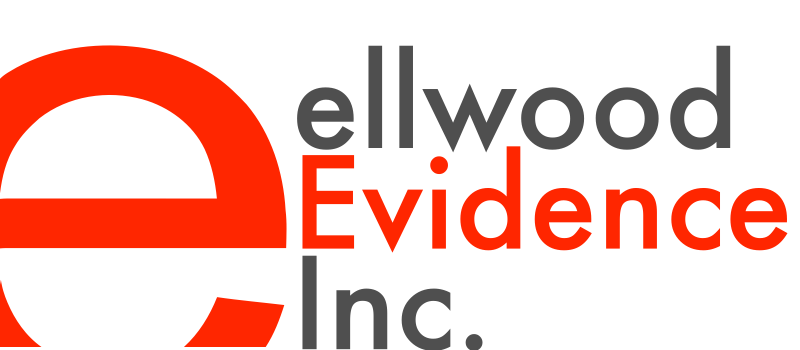At the start of a matter, you need search, you need filters, you need to cut out the irrelevant and the chaff. Document review platforms are terrific for that - you can't live without them if you have more than 1,000 documents in your case. But once you get down to the relevant documents, get them OUT of your review platform and into a thinking platform.
Read MoreI'm the guy that actually reads the insurance policy text. So, our policy renewal arrives in the mail yesterday and I read it.
The part about "Cyber Protection" catches my eye - we are in that business after all. Intact, our insurer, offers a program they have trademarked called "my Identity". Among other things it includes up to $25K for Cyber Protection. What's that?, you might well ask….
Read MoreKnowing "What" is important. It is a 'necessary but not sufficient' condition to take a page from our mathematician friends. It is finding out the "Why" that is reason for our investigations. And yet so many investigations stop short and simply present the "What".
Let me explain.
Read MoreWe've noticed a pattern.
When a case might settle why should you spend money preparing the evidence? Perhaps just inexpensive 'bluster' will win the day and with less spend on the case everyone is happy. The trouble is when opposing counsel calls your bluff or bluster fails…
Read MorePersuasion. The ability to persuade is one of the 'core competencies' of a litigator. You spend your life honing the skill. You turn an ability into an income and a lifestyle.
You are a story-teller. Stories persuade. All the affidavits, discoveries, cross-examinations, transcripts, exhibits, motions, factums, testimony, and your stirring closings are there to tell the story.
The best stories draw us in.
Read MoreOne of our most frequent requests are social media captures - Facebook data, Instagram, WeChat, the list goes on and on.
Read MoreKnowing "What" is important. It is a 'necessary but not sufficient condition' to take a page from our mathematician friends. We are brought in to investigate to find the "Why". Yet so many investigative reports we read stop short and simply present the "What".
Let me explain.
Read MoreDon’t let the gawky handle fool you. CGSB-72.34-2005 is hugely important. It’s the document from the Canadian Government’s Canadian General Standards Board (i.e. the CGSB) titled *Electronic Records as Documentary Evidence*, and the standards it sets out apply to everyone. Public sector, private sector. For profit, not for profit. People, corporations.
Read MoreAll discovery is e-’discovery’ nowadays. Most lawsuits are exclusively digital. No lawsuit is strictly paper-based. Except those where the Luddite lawyer has all the digital evidence printed out on dead trees.
Read MoreWe technophiles in the law business spend a lot time grousing about the Luddite techno-troglodytism of the profession. Lawyers don’t get e-discovery. Judges don’t get metadata. The Court system doesn’t allow for paperless proceedings. Yada blabla yada.
Read MoreThe steps the ABA has taken underscore that the writing is on the wall. Technology in the legal profession is here to stay, and must form a basic part of lawyers’ competence.
Read MoreLucky me. I just got the latest and greatest whizbang Android phone, the Samsung Galaxy S4. It comes with a slot for a memory card, so I bought a $60 64GB little chip, and slid it in. Cool.
I spend another $1.38, and bought a little application that allows the wireless file transfers to my phone, from any computer with a web browser. How convenient.
Convenient, yes. But also SCARY. I’ll tell you why.
I got a call on Sunday afternoon from a long-time client who has become a close friend. He was having trouble with his email username and password.
He had a simple question: what’s my password?
Read More





